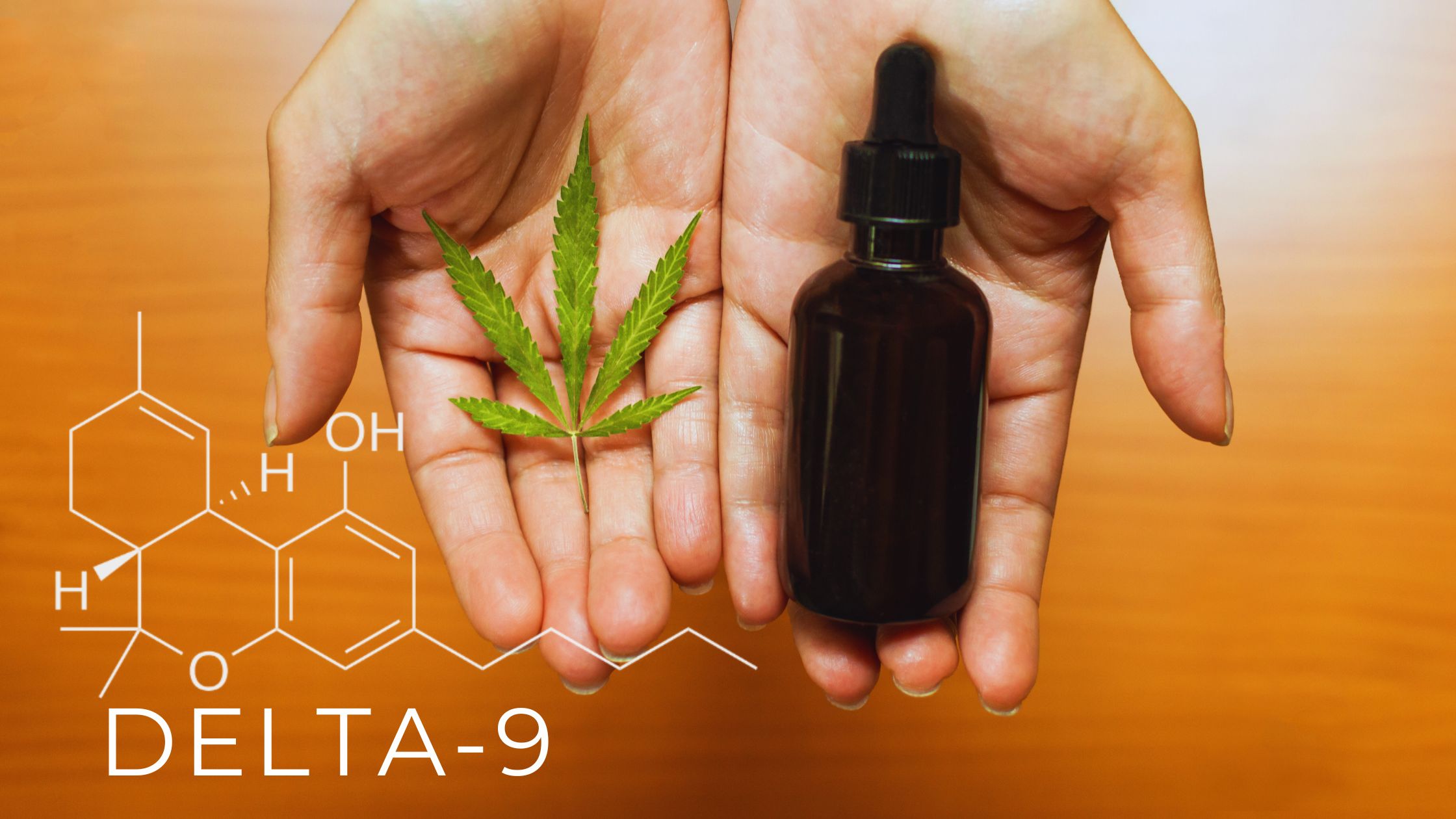Understanding the Basics
When it comes to cannabis, there’s a lot of talk about various cannabinoids, particularly THCA (tetrahydrocannabinolic acid) and Delta-9 THC (tetrahydrocannabinol). Many people wonder, Is THCA the same as Delta-9? This article will explore these two compounds, their differences, and what they mean for users.
What is THCA?
THCA is a non-psychoactive cannabinoid found in raw cannabis plants. It exists in the plant before it is heated or processed, meaning it won’t produce the euphoric effects typically associated with marijuana use. Instead, THCA is believed to offer several potential health benefits, including anti-inflammatory and neuroprotective properties.
What is Delta-9 THC?
Delta-9 THC is the primary psychoactive component of cannabis. When most people refer to THC, they are talking about Delta-9. This compound is responsible for the high that users experience when consuming cannabis. It interacts with the body’s endocannabinoid system, particularly the CB1 receptors in the brain, leading to various effects such as altered perception, mood changes, and increased appetite.
The Chemistry Behind THCA and Delta-9
Understanding the chemical makeup of these compounds helps clarify how they differ.
Chemical Structures
THCA and Delta-9 THC have similar chemical structures, but there is one key difference: THCA has an additional carboxyl group (COOH). This slight variation in structure is what makes THCA non-psychoactive. When heated, this carboxyl group is removed, converting THCA into Delta-9 THC.
How They Work in the Body
While both compounds interact with the body’s endocannabinoid system, they do so in different ways. THCA does not bind well to the CB1 receptors, meaning it does not produce a high. On the other hand, Delta-9 THC binds effectively to these receptors, resulting in the euphoric effects that users experience.
Key Differences Between THCA and Delta-9
Let’s break down some of the most significant differences between THCA and Delta-9 THC.
Psychoactive Effects
The primary distinction is the psychoactive effect. THCA is non-psychoactive in its natural form, meaning it won’t get you high. In contrast, Delta-9 THC is responsible for the intoxicating effects associated with cannabis. This is a crucial consideration for users who want to avoid psychoactivity while still enjoying the potential benefits of cannabis.
Therapeutic Uses
While both THCA and Delta-9 THC may offer health benefits, their therapeutic applications differ.
Health Benefits of THCA
THCA is gaining attention for its potential health benefits. Some studies suggest it may help reduce inflammation, alleviate nausea, and even protect brain cells from damage. This makes it appealing for those seeking natural remedies without the high associated with THC.
Health Benefits of Delta-9 THC
Delta-9 THC is well-known for its therapeutic uses, particularly in pain management, appetite stimulation, and reducing nausea. It is often used by patients undergoing chemotherapy or those with chronic pain conditions, showcasing its ability to provide relief in a more direct, albeit psychoactive, manner.
How THCA Converts to Delta-9
Now that we’ve established what each compound is, let’s explore how THCA can turn into Delta-9 THC.
The Decarboxylation Process
Decarboxylation is the process that transforms THCA into Delta-9 THC. This reaction occurs when cannabis is heated—whether by smoking, vaping, or cooking. During decarboxylation, the carboxyl group is removed from THCA, resulting in the formation of THC.
When Does This Conversion Happen?
The conversion happens during any process that applies sufficient heat. For instance, when you smoke cannabis, the high temperatures cause THCA to convert to THC almost instantly. Similarly, baking cannabis into edibles will also lead to this transformation, so users should be aware of how they’re consuming cannabis if they want to avoid the psychoactive effects.
User Experiences with THCA and Delta-9
Personal experiences can provide valuable insights into how these cannabinoids affect individuals.
Anecdotal Evidence
Many users have shared their experiences with THCA and Delta-9 THC. THCA users often report experiencing therapeutic effects without the high, allowing them to remain clear-headed and focused. Conversely, those who use Delta-9 THC frequently enjoy the euphoric effects it provides, making it a popular choice for recreational users.
Research Insights
Research on THCA is still emerging, but preliminary findings suggest that it may hold promise for various therapeutic applications. Ongoing studies will help clarify its benefits and how it compares to THC in both effectiveness and user experience.
Safety and Legal Considerations
With any cannabis product, understanding the safety and legal aspects is crucial.
Is THCA Safe for Consumption?
Generally, THCA is considered safe for consumption, particularly in its raw form. Since it does not produce psychoactive effects, many people find it a comfortable addition to their wellness routine. However, it’s always advisable to consult with a healthcare professional, especially if you have pre-existing conditions or are taking medications.
The Legal Status of THCA
THCA derived from hemp is legal in many regions, especially following the 2018 Farm Bill in the United States. However, the legal landscape can vary, so it’s essential to be aware of local regulations regarding cannabis use.
Differences in Legality Compared to THC
While THCA may be legal in many areas, Delta-9 THC often has stricter regulations. Many states have legalized THC for recreational or medicinal use, but others maintain prohibitions. Knowing the legal status of both compounds in your area is essential for responsible use.
Conclusion
In conclusion, THCA and Delta-9 THC are not the same. THCA is a non-psychoactive precursor that can convert into THC when heated, producing the characteristic high associated with cannabis. While THCA offers various potential health benefits without intoxication, Delta-9 THC provides more immediate psychoactive effects. Understanding the differences between these two cannabinoids can help users make informed choices based on their health goals and preferences.
Frequently Asked Questions
Can THCA get you high?
No, THCA is non-psychoactive unless it is converted to THC through heating.
What are the health benefits of THCA?
THCA may help with inflammation, nausea, and neuroprotection without producing a high.
How can I consume THCA?
You can consume THCA raw in salads or smoothies, or through heating methods like smoking or cooking.
Is THCA legal?
Yes, THCA derived from hemp is generally legal, but always check local regulations to ensure compliance.
What effects can I expect from Delta-9 THC?
Delta-9 THC typically produces a high, leading to euphoria, relaxation, and altered perception.

